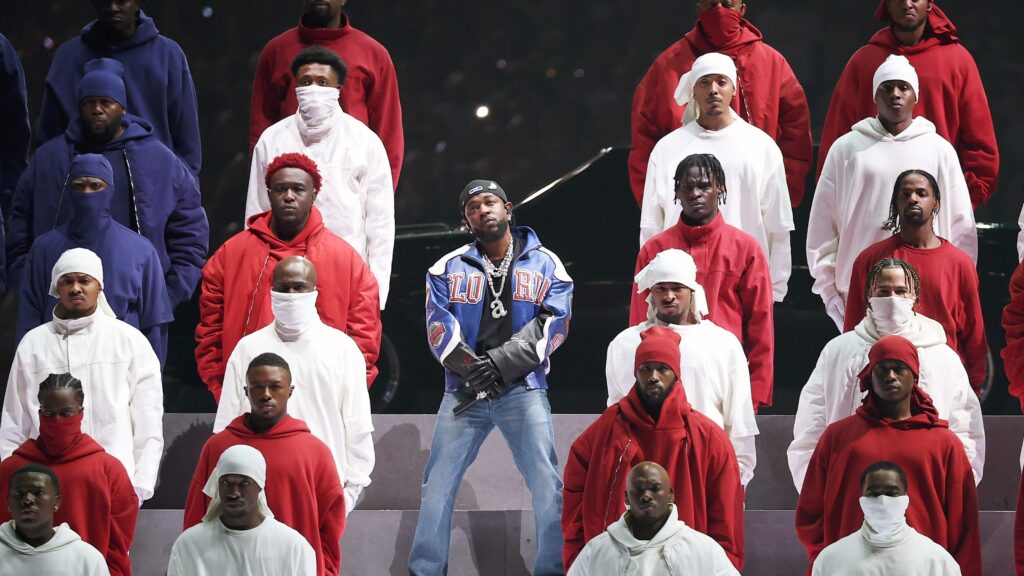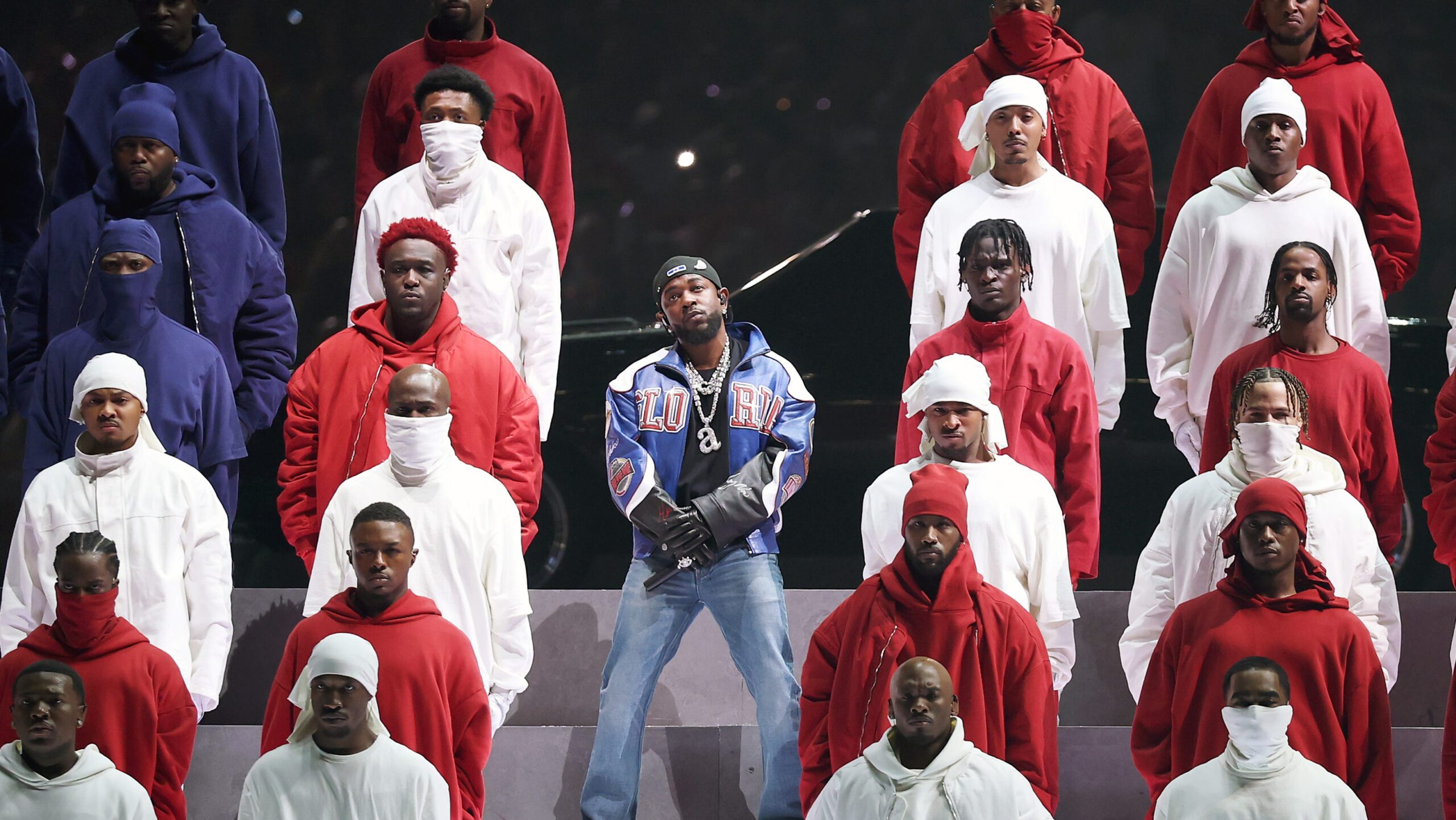
When Worlds Collide: The Intersection of Trump, Kendrick Lamar, and Twitter
The digital age has blurred the lines between politics, entertainment, and public discourse, often converging on platforms like Twitter. One particularly intriguing intersection involves former President Donald Trump, acclaimed rapper Kendrick Lamar, and the ever-volatile world of Twitter. This article delves into instances where these figures have indirectly or directly interacted through the social media landscape, examining the cultural and political implications of their digital encounters. The dynamic between Trump, Kendrick Lamar, and Twitter offers a fascinating lens through which to view contemporary society.
The Political Stage and the Rapper’s Voice
Donald Trump’s presidency was characterized by his prolific use of Twitter as a direct communication tool. His tweets, often controversial and unfiltered, shaped public opinion and drove news cycles. Simultaneously, Kendrick Lamar rose to prominence as a socially conscious rapper, using his music to address issues of race, inequality, and political injustice. While direct confrontations between the two were rare, their respective platforms and messages often clashed within the broader cultural narrative. The absence of a direct Trump Kendrick Lamar tweet exchange doesn’t diminish the impact of their contrasting ideologies battling it out in the public sphere.
Lamar’s music frequently critiques systemic issues and power structures, implicitly challenging the policies and rhetoric associated with the Trump administration. His lyrics often served as a form of protest, resonating with audiences who felt disenfranchised or marginalized. [See also: Political Commentary in Hip-Hop]
Twitter as a Battleground for Ideas
Twitter, with its real-time updates and viral potential, became a key battleground for ideas during Trump’s presidency. Supporters and detractors alike used the platform to voice their opinions, often leading to heated debates and polarized viewpoints. While Lamar may not have directly engaged with Trump on Twitter, his supporters and critics frequently invoked his name and music in discussions related to politics and social justice. The conversation surrounding Trump and Kendrick Lamar, even without a direct tweet, highlights the fractured nature of contemporary American society.
The platform’s algorithmic amplification often exacerbated these divisions, creating echo chambers where users were primarily exposed to information that confirmed their existing beliefs. This phenomenon contributed to the overall sense of political polarization and made it more difficult to engage in constructive dialogue.
Instances of Indirect Interaction
While a specific Trump Kendrick Lamar tweet might be elusive, there were instances where their worlds indirectly collided on Twitter. For example, news articles and opinion pieces discussing Lamar’s political views often circulated on the platform, prompting responses from both supporters and critics of Trump. Similarly, Trump’s tweets about issues such as race and immigration frequently drew criticism from those who aligned with Lamar’s message of social justice. These indirect interactions, though not direct exchanges, contributed to the ongoing cultural conversation.
Furthermore, parodies and memes featuring both figures often went viral on Twitter, further blurring the lines between politics and entertainment. These satirical creations, while often humorous, also served as a form of social commentary, reflecting the anxieties and frustrations of the American public.
The Power of Music and Political Commentary
Kendrick Lamar’s influence extends far beyond the realm of music. His lyrics have been analyzed and debated in academic circles, and he has become a prominent voice for a generation grappling with issues of identity, inequality, and political disillusionment. His decision to remain largely apolitical on Twitter regarding direct engagement with Trump speaks volumes. His art serves as his primary form of expression.
His performances at events such as the Grammy Awards and the BET Awards have been praised for their powerful messages and visual symbolism. These performances often served as a form of protest, challenging the status quo and demanding social change. The absence of a Trump Kendrick Lamar tweet exchange doesn’t diminish the power of Lamar’s artistic statements.
Analyzing the Lack of Direct Engagement
The absence of a direct Trump Kendrick Lamar tweet is notable in itself. It could be interpreted in several ways. Perhaps Lamar chose to avoid engaging directly with Trump to maintain his artistic integrity and avoid being drawn into the political fray. Alternatively, it could reflect a strategic decision to focus on broader systemic issues rather than individual personalities. Whatever the reason, the lack of direct engagement highlights the complex dynamics between artists, politicians, and social media.
It’s also possible that Lamar recognized the futility of engaging with Trump on Twitter, given the former president’s tendency to dominate conversations and deflect criticism. By remaining silent, Lamar may have sought to avoid amplifying Trump’s message or becoming embroiled in unproductive online debates. This strategic silence is a powerful statement in itself.
The Long-Term Impact on Cultural Discourse
The intersection of Trump, Kendrick Lamar, and Twitter has had a lasting impact on cultural discourse. It has highlighted the ways in which social media can be used to amplify political messages, mobilize social movements, and shape public opinion. It has also revealed the challenges of navigating a polarized media landscape and engaging in constructive dialogue across ideological divides. Even without a Trump Kendrick Lamar tweet, their presence on the platform has influenced the conversation.
The events surrounding their interactions, or lack thereof, serve as a case study in the complexities of contemporary communication. They demonstrate the power of individual voices to shape public opinion, the challenges of engaging in political discourse on social media, and the enduring influence of art and culture on society.
The Future of Political and Artistic Engagement
As social media continues to evolve, the ways in which politicians and artists engage with the public will undoubtedly change. It is likely that we will see more sophisticated strategies for using social media to influence public opinion and mobilize social movements. It is also likely that we will see more artists using their platforms to speak out on political and social issues. The interaction between Trump, Kendrick Lamar, and Twitter offers valuable lessons for navigating this evolving landscape. The absence of a Trump Kendrick Lamar tweet is just one aspect of this complex relationship.
Moving forward, it will be crucial to develop strategies for promoting constructive dialogue and combating the spread of misinformation on social media. It will also be important to support artists and activists who are using their platforms to advocate for social change. The future of political and artistic engagement depends on our ability to harness the power of social media for good.
Conclusion
The dynamic involving Donald Trump, Kendrick Lamar, and Twitter, especially the notable absence of a direct Trump Kendrick Lamar tweet, encapsulates the complexities of modern political and cultural discourse. While a direct confrontation never materialized, their contrasting ideologies and the reactions they provoked on social media provide a valuable insight into the divisions and debates that define contemporary American society. The story isn’t about what was said directly between them, but what their presence, actions, and art represented in the digital age. The impact of Trump, Kendrick Lamar, and the Twitter platform collectively shaped the narrative, proving that even silence can speak volumes. Understanding this intersection is crucial for navigating the evolving landscape of politics, entertainment, and public opinion.
